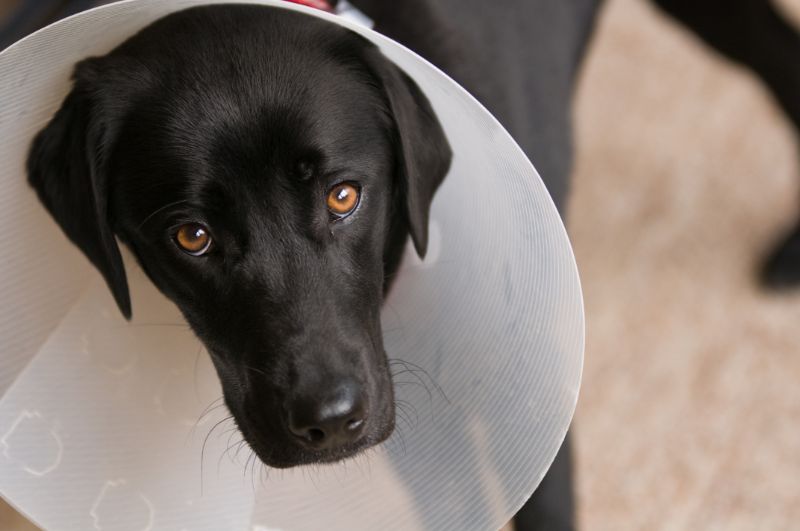Blog
Up and At ‘Em: Post Surgical Care for Pets

Taking care of a human patient after surgery is hard enough, but the job can be even more difficult when your patient can’t speak or understand what is going on.
Most post-surgical care for pets needs to be provided by the pet owner, and Ten West Bird & Animal Hospital is willing to share all of our best tips to get your furry patient up and moving again as soon as possible.
Read the Directions
Every pet is different, and every surgery is a little different as well. It is very important that our expert staff is able to work with you as a pet owner to ensure the best recovery possible.
After your pet’s surgery, we will typically provide discharge instructions that help you to know what to expect and what to do. These may include things such as:
- Feeding guidelines
- Exercise and activity restrictions
- Recommendations for protective items such as Elizabethan collars
- Incision care
- Suture removal
- Medication directions
- Possible complications and concerns
It is important to understand and follow these instructions. We also want you to communicate with us if you do not understand or cannot accomplish what is being asked. We typically have recommended things for a reason and may have alternative solutions or suggestions in the event our original plan is not working for your pet.
Post Surgical Care for Pets
Beyond our instructions, your care for your pet can make all the difference in the world when it comes to their recovery. Some of our favorite tips include:
- Provide a quiet, comfortable environment for your pet to rest.
- Do not allow family members or pets to overload your patient.
- Administer pain medications as prescribed, even if you do not feel your pet is in pain (hint: we prescribed them for good reason).
- Allow your pet to tell you if they are up for interaction and activity.
- Monitor things like pulse, respirations, gum color, and rectal temperature if your pet’s temperament allows you to do so safely.
- Encourage gentle, controlled exercise on a leash.
- If allowed after surgery, passive range of motion exercises can be beneficial.
- Know the signs of pain in pets and let us know if your pet’s pain is not well controlled.
- Pay attention to your pet’s incision and/or bandages.
Paying attention is important when it comes to post surgical care for pets. We are always happy to listen to any concerns you might have. We would rather you call us about something that is normal than ignore a sign of something that could be serious.
Don’t hesitate to let us know if your pet’s surgery site doesn’t appear normal, your pet seems to be in pain, your pet won’t take their medication or is having side effects.
You are your pet’s advocate and key to recovery. With our expertise and your tender loving care, your pet will be back to normal in no time at all!
